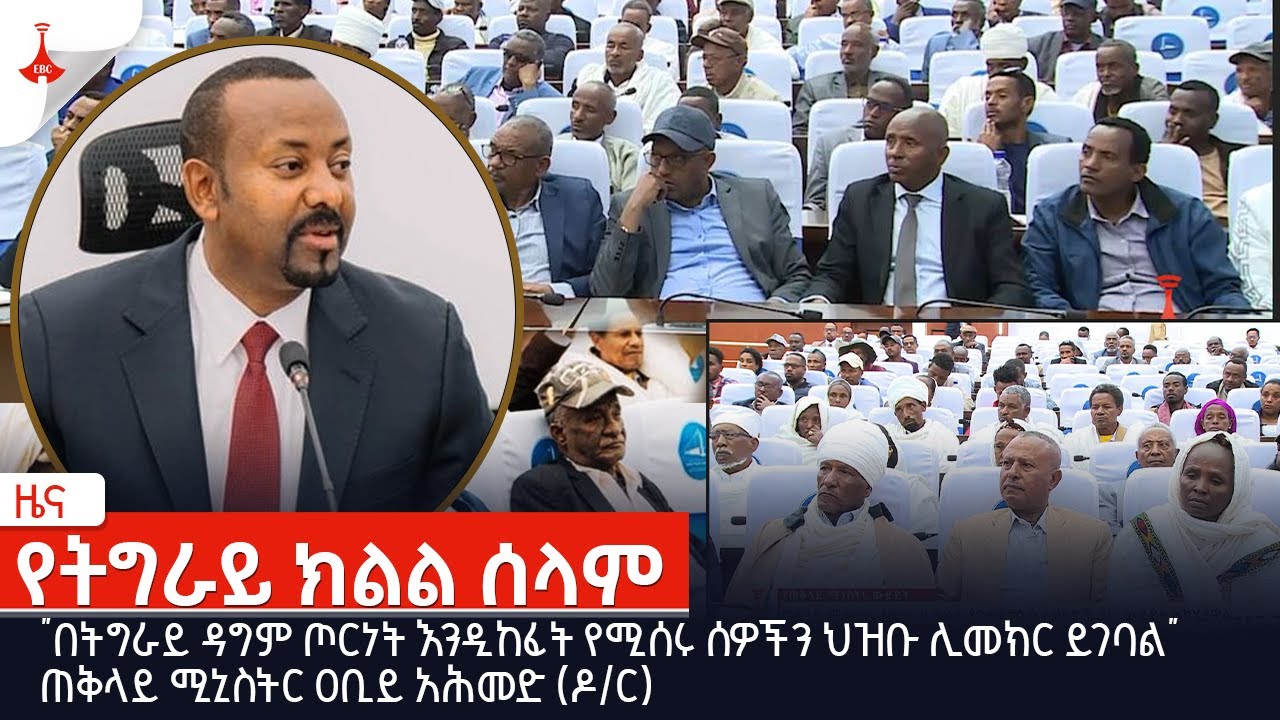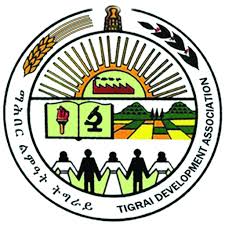July 24, 2024
The Pretoria Agreement was signed in November 2022 between the Tigray People’s Liberation Front (TPLF), the main political party in Tigray, and the Federal Government of Ethiopia, following a devastating war that resulted in the deaths of over a million people.
In June, the New Lines Institute for Strategy and Policy, a U.S.-based think tank, released a report following a thorough study, revealing compelling evidence that Ethiopian forces and their allies committed acts amounting to genocide during the war that began on November 3, 2020. The report asserts that there is a reasonable basis to believe the Ethiopian National Defence Force, Amhara Special Forces, and the Eritrean Defence Forces committed genocide against the Tigrayan people.
External Stranglehold: TPLF’s Legal Status and Controversies
Founded nearly 50 years ago as an armed resistance group, the TPLF played a key role in the overthrow of the Derg regime in 1991 and was instrumental in establishing Ethiopia’s current multi-ethnic federation in 1995.
In May 2021, during the war, the Ethiopian Parliament designated the TPLF as a “terrorist” organization. However, on March 22, 2023, the same Parliament removed the party from this list, leading to new controversies over its re-registration as a legal political party by the Election Board of Ethiopia. A deadlock with the Board led to revisions in registration rules. The TPLF perceives these changes not as a restoration of its former status but as an attempt to register it as a new party. The Prime Minister recently warned that a resurgence of war could occur if the TPLF does not comply with the new process.
TPLF’s Internal Power Struggle
Over the past year, the TPLF has been actively involved in various meetings, including discussions with its members, in preparation for a crucial party congress expected to take place soon. This congress has been delayed multiple times due to the ongoing war and subsequent internal crises within the party.
The TPLF is awaiting the restoration of its legal status as a registered political party, which it lost during the war. The party plans to hold its congress once this status is regained.
The TPLF is facing a deep crisis and power struggle, resulting in numerous meetings and conflicts played out on social media. Recently, in an interview with UMD Media, the Chair of the Central Audit and Control Commission revealed that factional disputes involve various members of the central committee. According to sources familiar with the situation, these internal conflicts have weakened the Tigray Interim Regional Administration led by Getachew Reda, who is now the vice Chair of the the TPLF, seeing over a cabinet with more than 50% of seats held by the party.
In one meeting, the Central Committee decided to replace its chair, Debretsion Gebremichael, and considered removing Fetlework Gebregziabher from her position as vice-chair. However, military leaders and veteran party members, invited to the meetings, intervened to stop a critical self-assessment process that was close to unseating the vice-chair and reversed the decision on the chair. Despite this intervention, the decision to demote Alem Gebrewahd, head of the TPLF Secretariat, and Getachew Assefa from the Politburo to the Central Committee level remained unchanged.
Concerns Over the Upcoming Congress
Yesterday, the Central Audit and Control Commission of the TPLF issued a statement expressing concern that the current preparations for the congress favor one faction over another, potentially undermining the party. The organizing committee, which includes nine members—three from the Central Audit and Control Commission, three from the Central Committee, and three members-at-large—has faced criticism. The Commission claimed its questions and positions were being ignored and warned that a lack of transparency, inclusiveness, and democracy could undermine the congress. Consequently, the Commission has withdrawn its members from the organizing committee and urged the party leadership to address these issues before proceeding with the congress, or face potential consequences.
Subscribe to UMD Media channel. Join UMD Media Telegram Channel: https://t.me/UMDMedia


